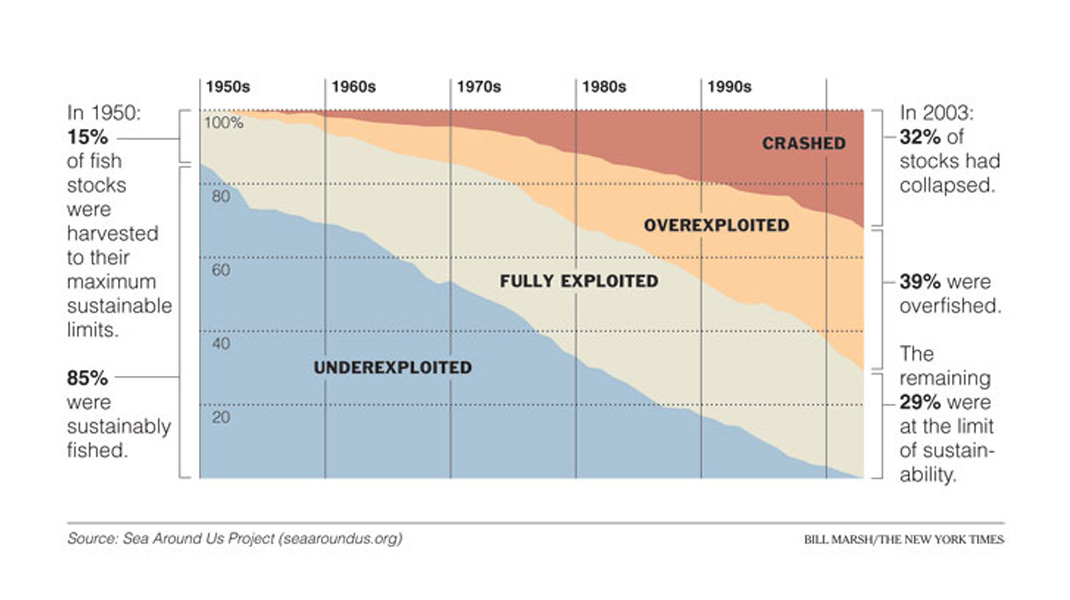The value of people-powered research
10 December 2015

Ecological research is rarely easy. It is often resource intensive, with credible results relying on large amounts of data. As such, scientists from around the world have increasingly turned to members of the public for help. Engaging citizens as scientists has been particularly valuable for projects needing data collected over considerable spatial scales, and in some cases, long time frames. It is the latter of these that has driven Rhodes University to launch an exciting new project driven by citizen science.
...scientists from around the world have increasingly turned to members of the public for help.
Fishtory is an initiative that brings together researchers, conservationists and the recreational fishing community. According to Nicolette Armansin, researcher in the Department of Inchthyology and Fisheries Science at Rhodes University, “Fishtory aims to use the past to gain insight into how and why fish populations have declined and to set baselines against which current stocks can be assessed. But historical data is difficult to obtain and that’s where citizen science comes in.”
Fishtory aims to use the past to gain insight into how and why fish populations have declined and to set baselines against which current stocks can be assessed. But historical data is difficult to obtain and that’s where citizen science comes in.
Within the fishing community, extensive catch records have been kept in the form of photos, angling journals and newspaper clippings. These can provide evidence of what fish stocks looked like in the past, specifically the composition and size structures of populations and the historical distributions of popular species.

The Fishtory team is asking people with access to these records to share them via www.fishtory.co.za or email, and where large collections exist, the team will come to them.
According to Ms Armansin, “engaging anglers as citizen scientists will raise the bar in what we can achieve. It will not only increase the amount of information we have but will improve the diversity of our data, making it more representative of what has actually been going on.”
...engaging anglers as citizen scientists will raise the bar in what we can achieve.
And the benefits do not stop there. By contributing to the science, anglers can be empowered with more knowledge about the state of their favourite species, can secure the future of their recreational fishing activities, share and preserve their precious memories and take pride in playing an active role in the stewardship of our oceans.